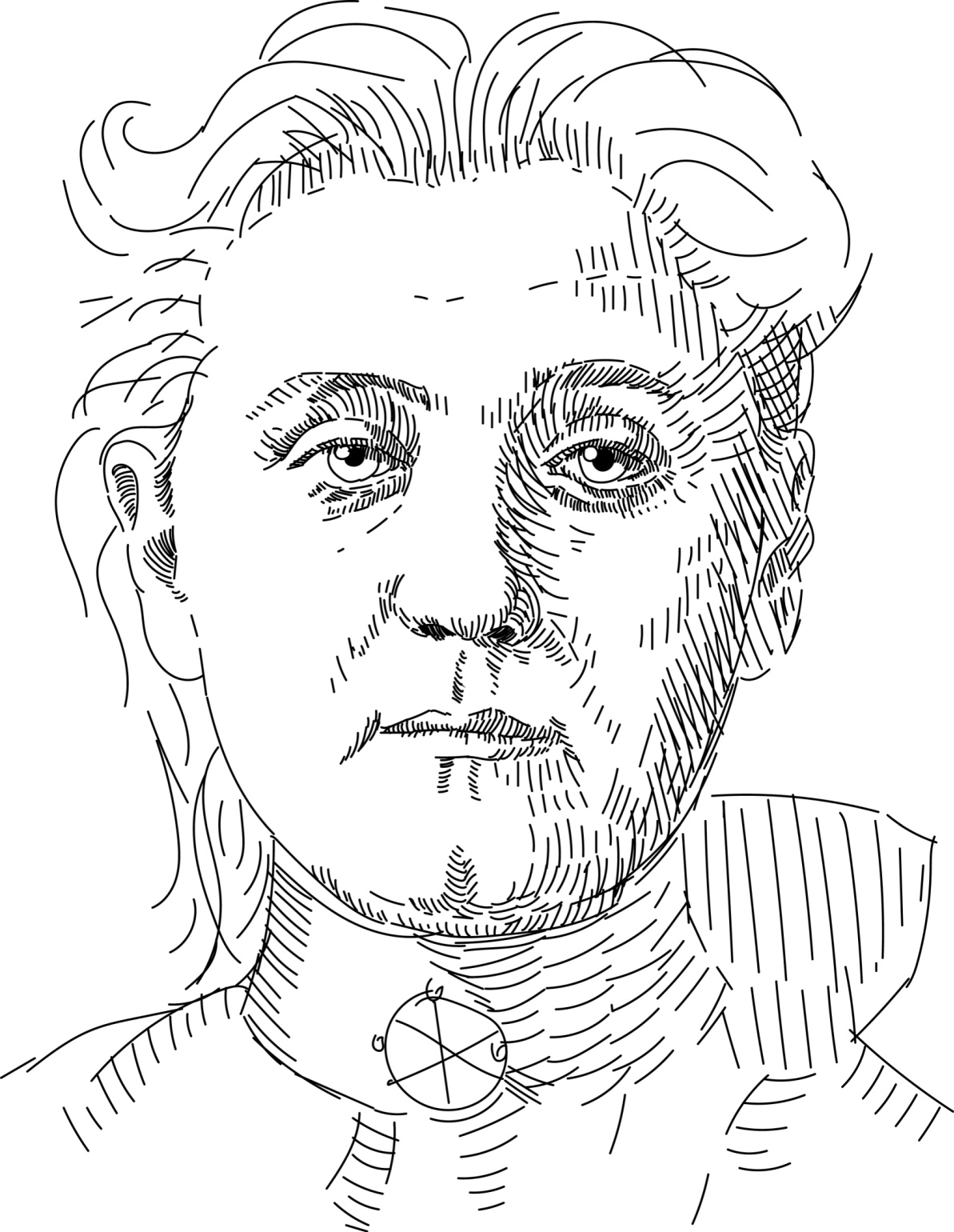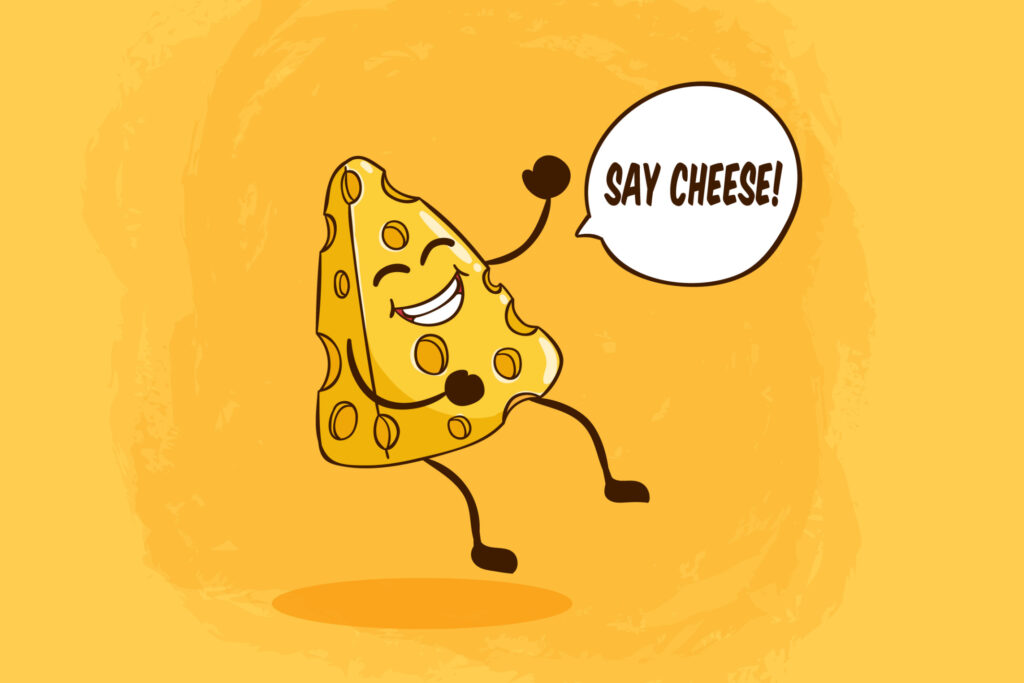
A Holiday That Still Means Something
As Thanksgiving arrives this Thursday, I’ve found myself thinking less about the menu and more about the meaning. The holiday rush has a way of pulling us in a hundred directions—travel plans, grocery lists, family dynamics—but beneath all of that noise sits something we don’t talk about nearly enough anymore: gratitude. Not the performative kind, not the hashtag kind, but the quiet, daily discipline of giving thanks for what we have and the people who shape our lives.
Somewhere along the way, we’ve slipped into a culture of “not enough.” Not enough time, not enough success, not enough likes, not enough certainty. And for young people especially, the pressure is relentless. They’re growing up in a world where comparison is instant, attention spans are shrinking, and contentment is often treated like complacency. But Thanksgiving reminds us—every single year—that gratitude isn’t passive. It’s powerful. It’s grounding. And it’s a habit we must teach, model, and protect.
What We Learned From the Generations Before Us
I worry sometimes that we are raising a generation that hasn’t been given enough opportunities to pause. They’re always scrolling, reacting, consuming, missing the quiet moments where gratitude tends to appear. When I think back on the people who shaped me—my family, teachers, mentors—they didn’t just tell me to be thankful. They showed me what it looked like: the handwritten thank-you notes, the extra place at the table, the kind word said even on the hardest days. They lived gratitude, not just at Thanksgiving but daily, and it became the compass for how I try to move through the world.
Today, many families are stretched thin, exhausted, or overwhelmed. Many young people feel anxious about the future and unsure where they fit in. But practicing gratitude doesn’t require perfect circumstances. In fact, it might matter most when life feels the hardest. Giving thanks when things are easy is polite. Giving thanks when things are difficult is transformational.
Relearning a Lost Skill
As a society, we need that shift again. We need to remind our young people—and sometimes ourselves—that gratitude isn’t naïve. It doesn’t ignore the challenges in front of us. It simply refuses to let those challenges define our outlook. Gratitude grounds us in what is good, what is steady, and what is real.
This Thanksgiving, I hope families will slow down long enough to talk about what they’re thankful for—not just in the highlight-reel way, but in a genuine, thoughtful way that reminds everyone at the table how much we have to appreciate. And in the days and weeks ahead, I hope we’ll encourage our young people to make gratitude a daily practice. Say thank you. Hold the door. Notice the good. Appreciate the small things. Tell people when they’ve made a difference. These small acts build strong character, resilient communities, and a sense of meaning that can’t be manufactured by any algorithm.
Gratitude as a Civic Virtue
Gratitude is one of the greatest civic virtues we have. It softens anger. It strengthens relationships. It shifts our mindset from what divides us to what unites us. And right now, that feels more necessary than ever.
Thanksgiving is a beautiful reminder—but it shouldn’t be the only one. If we want to change the tone of our culture, it starts with this simple, daily discipline: give thanks in all things. Be grateful for the journey, not just the destination. Appreciate the people who show up. And remember that even when life is chaotic, there is always something—some small, steady thing—to be thankful for.
That is the message I hope we pass along to the next generation. Gratitude doesn’t just make life better. It makes us better. And that’s something worth celebrating long after the leftovers are gone.
RECENT










BE THE FIRST TO KNOW

More Content By
Jessica Curtis












